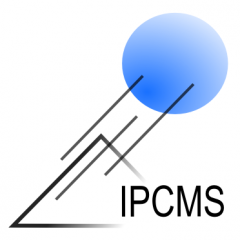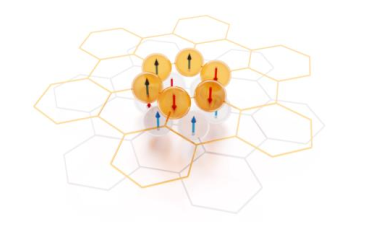Orateur : Saad Yalouz (Laboratoire de Chimie Quantique de Strasbourg)
Résumé : In the realm of quantum computing, the characterization of many-body systems stands out as one of the most promising applications for emerging quantum platforms. While significant effort has been dedicated to developing near-term quantum algorithms for describing purely fermionic systems (particularly for Quantum Chemistry), there exists a gap in extending beyond the “bare” electronic structure to encompass the influence of an external environment. This gap becomes apparent when considering hybrid “fermion+boson” systems, which naturally arise when the electronic structure of a system interacts with an external bosonic field, such as photons or phonons. The theoretical description of such systems poses a considerable challenge, necessitating the depiction of entanglement between the two types of particles. Addressing this challenge defines an interesting target for quantum computers. In this presentation, I will delve into recent endeavors initiated at the Laboratoire de Chimie Quantique Strasbourg to tackle these questions. Drawing from a polaritonic chemistry problem, I will elucidate how we are currently designing near-term quantum algorithms to describe both ground and excited states in such systems
Contact : Paul-Antoine Hervieux
Prochains évènements
Retour à l'agendaSymposium « Electron Microscopy at High Spatial and Temporal Resolution: Current Status and Future Perspectives in Material Characterization »
Dans le cadre de l'Inauguration du nouveau Microscope en transmission Grand ARM 2, l’IPCMS organise un symposium scientifique autour de la microscopie en transmission
Soutenance de thèse : Krystyna Herasymenko
Titre : “Ultrafast Excited State Dynamics of ArchaeRhodopsin-3 and its mutants ”

